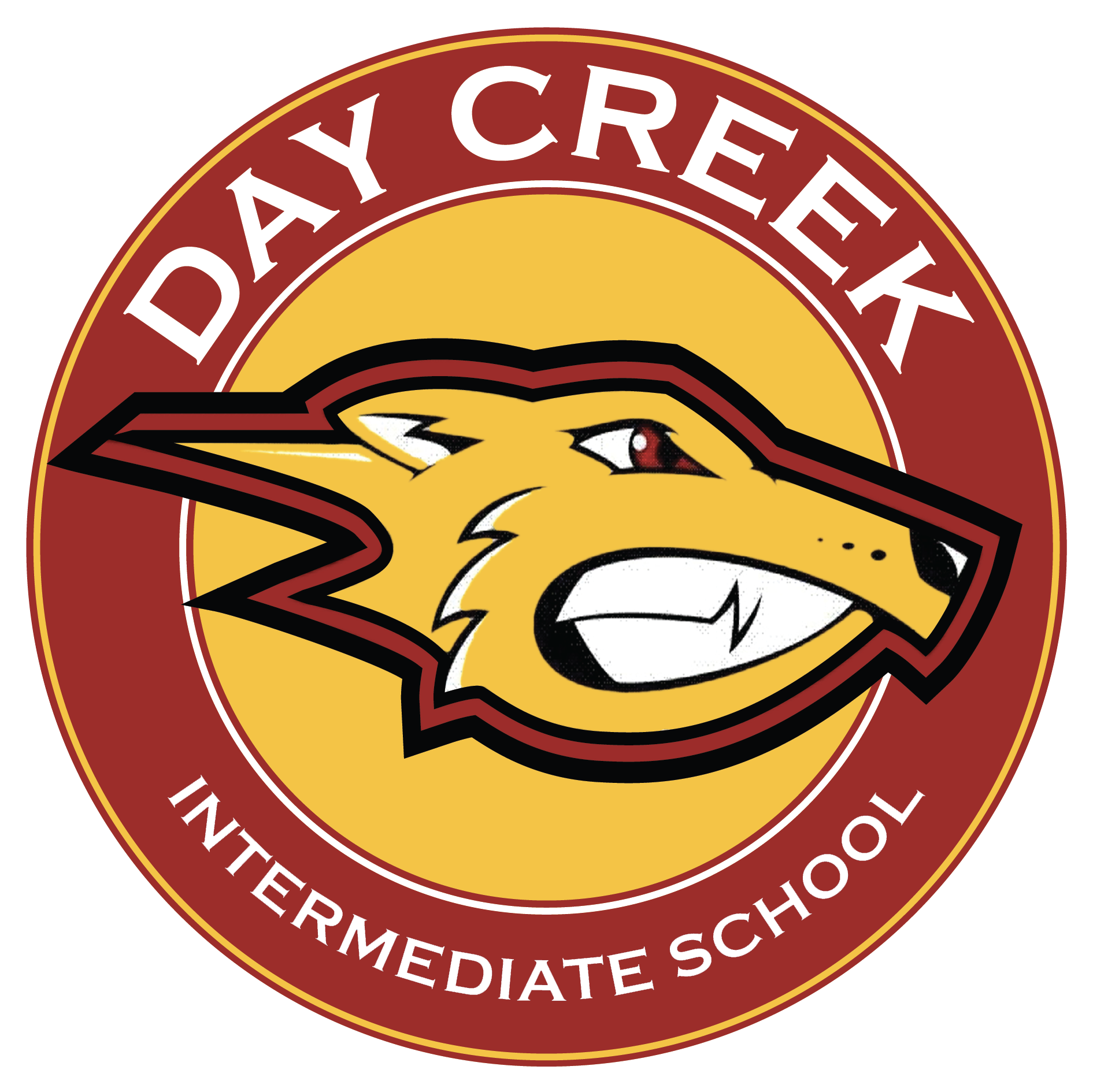Language Arts
General Writing Response Format
Informative/Explanatory Essay
Intro. Paragraph:
Title, author, mini summary (1 sentence)
Extended summary (3-5 sentences fully summarizing the story: beginning → middle → end)
Thesis (statement that addresses the assigned topic)
Body Paragraphs:
Topic Sentence (Frame)
The Dance
Evidence #1: Direct quote/proof from the text (consider using author’s name/source/citation)
Elaboration #1: Discuss/explain what your evidence means. Why does it matter?
Evidence #2: Direct quote/proof from the text (consider using author’s name/source/citation)
Elaboration #2: Discuss/explain what your evidence means. Why does it matter?
Wrap it up
Conclusion Paragraph:
Restate thesis
Connect philosophically/theologically/anecdotally (brief story)
Wrap it up
Argumentative/Persuasive Essay
Intro. Paragraph:
Hook
Question
Story
Quote
Statistic
Light exaggeration (no “we’re all gonna die”)
Fluff (Three reasons)
2nd best
3rd best (hide the worst in middle)
Save the best for last
Thesis (powerful statement that expresses what you want)
Body Paragraphs:
Topic Sentence
The Dance
Discuss/Explain (Support the topic)
Evidence (Quote with author’s name/source/citation…prove it)
Discuss/Explain (Support the topic)
Evidence (Quote with author’s name/source/citation…prove it)
Discuss/Explain (Support the topic)
Wrap it up
Counter Argument
Topic Sentence (Some people believe/may argue)
The Dance
Discuss/Explain (Support the topic)
Evidence (Quote with author’s name/source/citation…prove it)
Discuss/Explain (Support the topic)
Evidence (Quote with author’s name/source/citation…prove it)
Discuss/Explain (Support the topic)
Wrap it up
Conclusion Paragraph:
Restate topic
Give a solution/philosophy/supporting anecdote (brief story)
Wrap it up
Narrative Story
Story Suggestions:
Pre-write your events, starting with #10. Then work down from the top (#1-9) to fill in your plot points, similar to a storyboard with pictures.
Complete a roller coaster outline like this one or this one.
Consider the following tips:
"Once upon a time…" (but never use those exact words).
Thin slicing: choose a very narrow window of time (it's nearly impossible to tell a short story without limiting time to a few hours or a day)
Sensory language: Can you draw me in with my senses (things I’d see, hear, smell, taste, or touch)? Use a few from that list to pull the reader in. You definitely don't need to use them all.
How to write a summary:
Read article twice
Tarzan it (highlight the important parts/main story ideas)
Flip the paper over…write down everything you remember
Divide into 3 BME parts for summary (beginning, middle, and end)
Divide your BME’s into 1’s, 2’s, and 3’s
Rewrite into paragraphs (length depends on the original source)
Begin your intro with a title, author, and mini-summary
Once done, proofread twice
Short Answer Response (Think Question Style)
A: Answer the question (frame it)
C: Cite evidence (using the original text)
E: Explain (elaborate)...talk it out
Wrap it up
MLA Formatting
